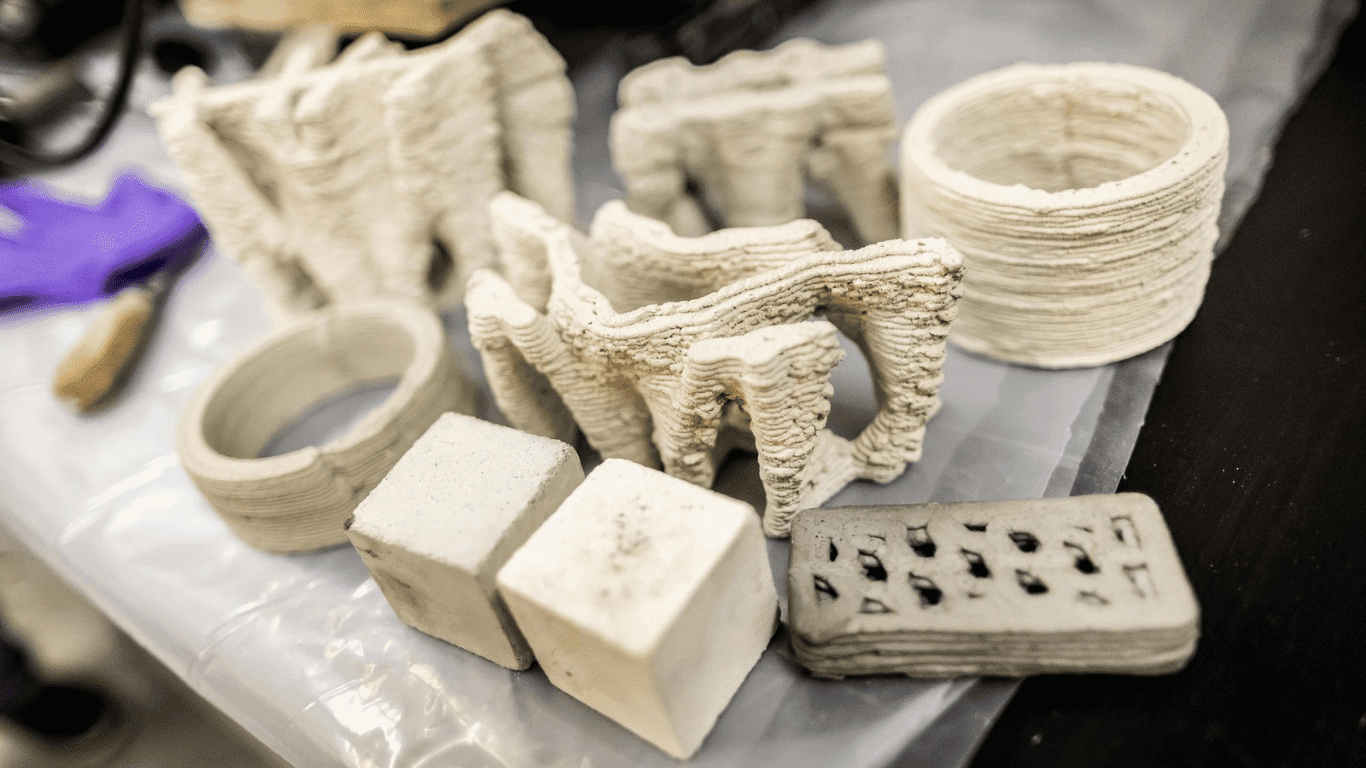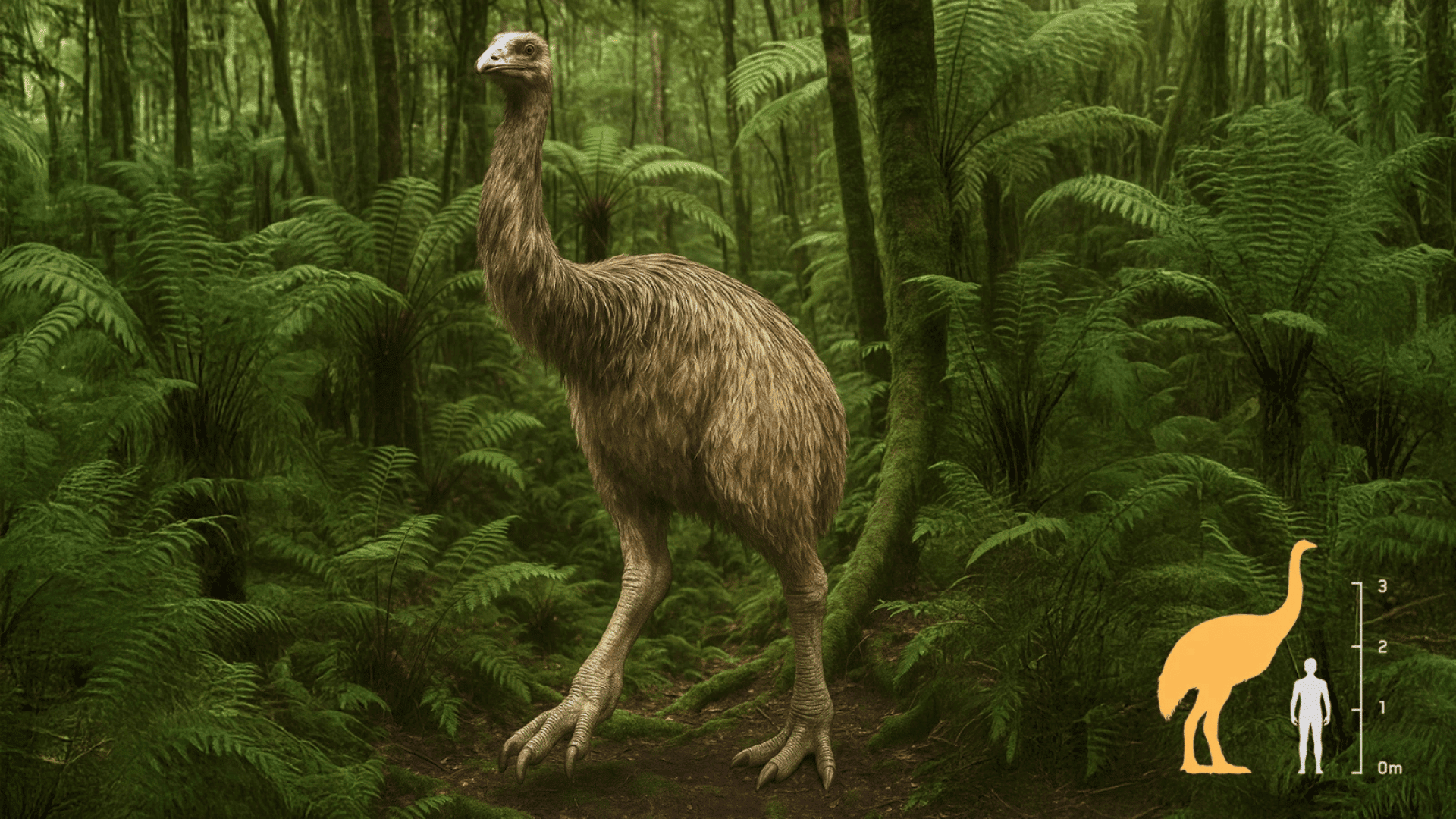It seems like an innocuous, if somewhat unusual comment. But when we waste so much plastic, it’s hard to feel like such a small action would have any impact. It does, even as truckloads of garbage are dumped in the ocean every minute. At least, Benjamin Von Wong believes so.

Born in Toronto, Benjamin Von Wong is a conceptual photographer and internet personality best known for his hyper-realistic style. He studied Mining Engineering at McGill University, graduating in 2007. His projects have earned him several sponsors, including Wacom and Fujifilm X. However, he prefers to use his fame to support social media campaigns, include Eliza O’Neill’s record-setting GoFundMe.
Strawpocalypse
His latest project is what he likes to call the “strawpocalypse,” although it’s also called by its official title: “The Parting of the Plastic Sea.” Von Wong wanted to draw attention to the amount of plastic we use- and waste- each day, particularly the number of straws. With the help of Zero Waste Saigon and Starbucks Vietnam, he was able to procure enough for his installation. The grand total? 168,000 straws.
That much plastic gets you surprisingly far. The resulting installation is over 10 feet tall and was built with the help of hundreds of volunteers over the course of two weeks. The straws had to be cleaned and sorted by color, with different hues being used to represent different parts of the wave. Greens, blacks, and blues are gathered in the body of the piece, with white straws up top to symbolize froth. The sand is represented by oranges and yellows, with any translucent straws left for transitional areas.
Here Comes The Sun
Straws aren’t the only materials at play, however. Von Wong also used plastic bags and LED lights to create “suns” to illuminate the sculpture. The final piece looks like a part of the ocean transported on land, with remnants of plastic bags scattered throughout. In other words, it’s one of the most accurate portrayals of the modern ocean there is. “The plastic problem is either out of sight, out of mind- or so omnipresent that it becomes invisible,” Von Wong wrote on his blog. “I wanted to use art to tackle both angles- by creating something beautiful and unique out of an environmental tragedy.”
In a similar vein to “The Parting of the Plastic Sea” is one of Von Wong’s previous works, a collaboration with Dell. In it, he photographed models surrounded by a lifetime’s worth of electronic waste. It’s more than you realize- laptops upon laptops, countless keyboards and phones, all piling up to over 4000 pounds. Throughout the blog post, Von Wong has to reassure the reader that there was no photography trickery at play, it was all real.
Von Wong has found his niche, though, and he’s sticking to it. His latest project continues the “plastic drinkware we waste” theme, this time showing the mountain of plastic cups we toss out. Titled “Plastikophobia,” it is another piece that required the aid of volunteers. 18,000 used cups created what Von Wong described as “an Instagram trap”- something that would get views online but also provoke the viewers to think.

Is it possible for humankind to completely give up plastic? Absolutely not, and Von Wong knows this. He’s more focused on ensuring we deal with said material responsibly. “Although this installation is made from straws, it isn’t just about straws,” he wrote. “It’s about taking the first step towards paying attention to the plastic epidemic threatening the oceans we rely on.”
Of course, without pollution, what inspiration would Von Wong rely on? Only time will tell.
Follow our World of Creation where “what if” becomes “what is.”







